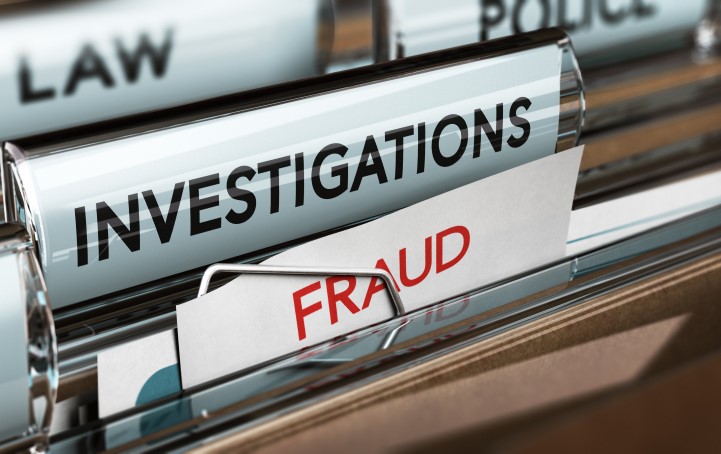As the trustee of an SMSF, if one of the beneficiaries of the fund retires and commences an account-based pension, it is the responsibility of the trustee to ensure that the pension meets the minimum pension payment requirements. Generally, once a pension or an annuity is commenced, there is a minimum amount that must be paid each year depending on the age at which the pension is commenced. For example, the minimum percentage withdrawal for those under 65 is 4% and those between 65 and 74 is 5%. Although specifically for the 2020-21 and 2021-22 income years the percentage was reduced by 50% due to COVID-19 (ie the minimum percentage withdrawal for under 65s is 2% and 65-74 was 2.5%).
In instances where the trustee of an SMSF fails to meet the minimum pension payment requirements for an income year, the super income stream will be taken to have ceased at the start of the income year for income tax purposes. Any payments made during the year will be considered to be super lump sums for both income tax and super purposes and taxed accordingly.
This is the case even if the member is entitled to receive a payment from the fund for the pension. However, there may be circumstances under which the ATO will allow an income stream to continue even through the minimum pension standards have not been met. This may be the case if: the trustee failed to pay the minimum pension amount in an income year due to an honest mistake by the trustee and the underpayment was small, or if there were matters outside the control of the trustee; the income stream was in the retirement phase, the entitlement to the exempt current pension income (ECPI) exemption would have continued but for the trustee failing to pay the minimum payment amount; when the trustee became aware that the minimum payment amount was not met, a catch-up payment was made as soon as practicable in the current income year, or in lieu of a catch-up payment has elected to treat a payment made in the current year as being made in the prior year; had the catch-up payment been made in the prior year, the minimum pension standards would have been met; the trustee treats the catch-up payment for all other purposes as if it were made in the prior income year.
When all the above conditions are met, the trustee can consider the income stream as having continued rather than commencing a new pension. It can also continue to claim an income tax exemption for earnings on assets supporting that pension if the income stream was in retirement phase, and the payments are treated as super income stream benefit payments rather than super lump sums. The above conditions may also apply in transition to retirement income streams (TRIS) in some instances.
Contact our team today if you to discuss the minimum pension payments in further detail.





